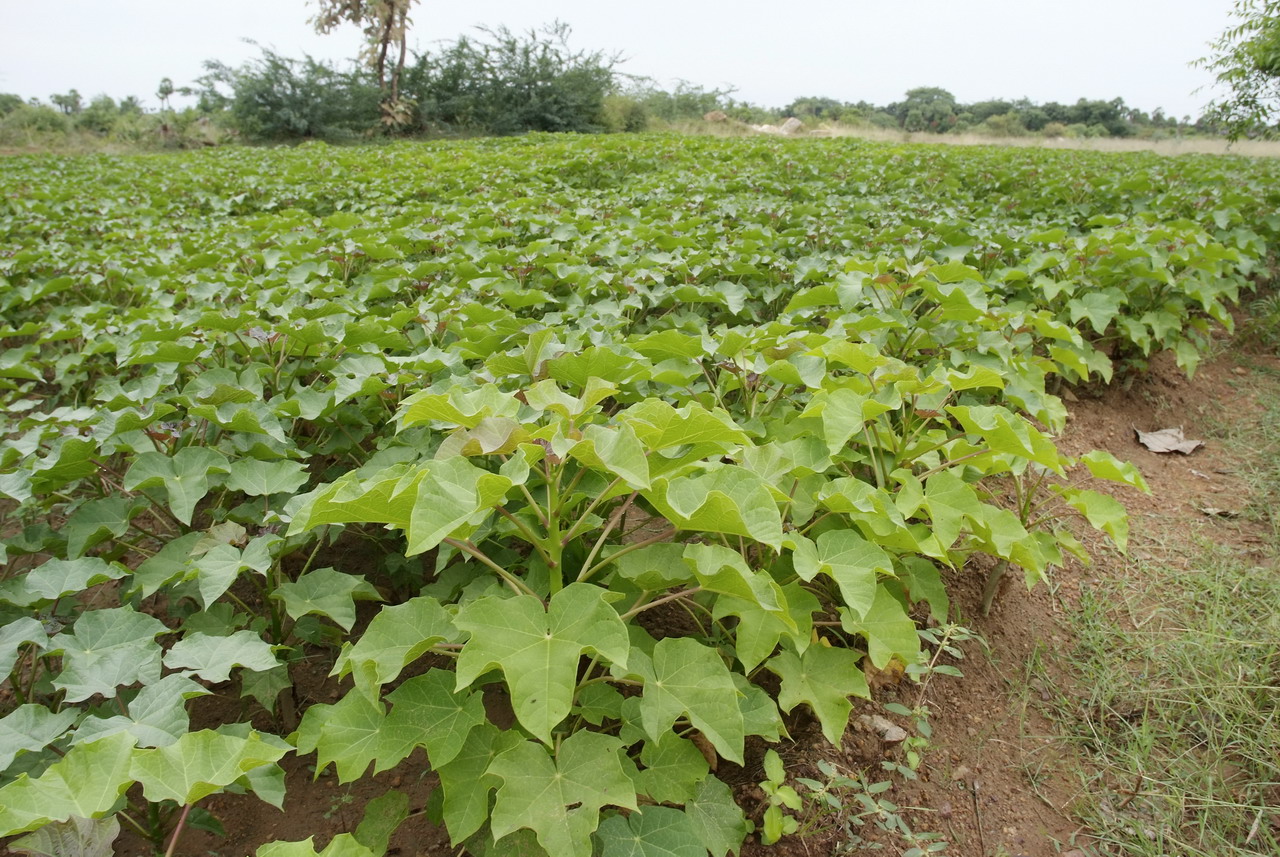Plantations International News
Renewable diesel producer Neste announced in November that it is working with aircraft manufacturer Boeing to promote and accelerate commercialization of biojet fuel. The companies will work toward ASTM fuel standard approval allowing commercial airline use of high freezing point biojet fuel, along with parallel goals of gaining widespread market acceptance and progressing sustainability accreditation efforts.
Neste anticipates that its biojet fuel could help the aviation industry achieve its greenhouse gas (GHG) saving targets, which are carbon-neutral growth from 2020 and a net reduction in carbon emissions of 50 percent by 2050 compared to 2005.
“Airlines and airplane manufacturers are undertaking several initiatives to lower the industry’s carbon footprint, and renewable aviation fuel will be a key part of their long-term environmental solution,” said Kaisa Hietala, Neste’s executive vice president of renewable products. “We are very excited to work with Boeing, in order to help create a commercially viable market for renewable aviation fuels.”
“Boeing is proud to collaborate with Neste, a global leader in renewable fuel production, to meet our shared goals of expanding the supply and reducing the cost of sustainable aviation biofuel,” said Julie Felgar, Boeing Commercial Airplanes’ managing director of environmental strategy and integration. “The aviation industry is committed to making air travel more sustainable.”
In 2014, Boeing tested Neste’s biojet fuel in a 15 percent blend with petroleum jet fuel in the Boeing ecoDemonstrator 787, a test airplane that assesses technologies that can reduce aviation’s environmental footprint. The 787 made an initial flight with this biofuel blend in one engine, followed by several flights with the biofuel blend in both engines. Based on its test flights, Boeing reported that “the airplane performed as designed with the renewable jet blend, just as it does with conventional jet fuel.”
Neste says its biojet fuel can provide GHG emissions reductions up to 90 percent and the fuel is aromatics- and sulfur-free, which should result in cleaner turbine exhaust emissions. The company also notes the biofuel is energy-dense and has good thermal stability properties.
Biodiesel Plantations International

